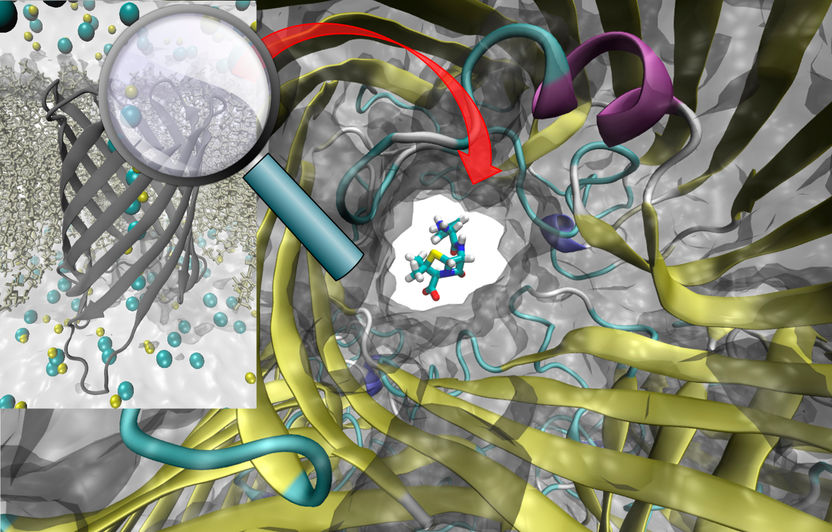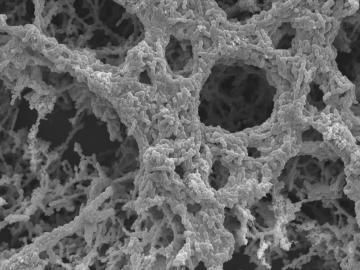EU offensive against multi-resistant bacteria
Jacobs leads joint research project TRANSLOCATION
Advertisement
bacteria resistant to multiple antibiotics are one of the biggest health hazards of our time. In order to push the development of new antibiotic drugs fighting antimicrobial resistance (AMR), the research project TRANSLOCATION has been set up as part of the Euroepan public-private partnership Innovative Medicine Initiative (IMI). Lead by Jacobs University, 25 industry and science partners are united in the five-year project which is funded with a total of €29.3 million.

Jacobs University
TRANSLOCATION’s research is focusing on the molecular biological processes of antibiotics transport through the bacterial cell wall and bacterial resistance mechanisms. In addition, a new database will cater for transparent and efficient information flow.
AMR represents a serious and growing threat to human and animal health worldwide. According to the World Health Organization (WHO), ‘antibiotic resistance is becoming a public health emergency of yet unknown proportions’. In the EU, AMR is responsible for some 25 000 deaths a year, and the annual treatment and social costs are estimated at some €1.5 billion.
Meanwhile, new forms of resistance continue to arise and spread, leaving doctors with few weapons to bring infections under control. Yet, despite the recognized need for new antibiotics, only two new classes of antibiotics have been brought to the market in the last three decades. The underlying reasons are manifold. Currently regulatory pathways make clinical trials for antibiotics are extremely expensive. On the scientific front, however, there is an urgent need for a greater and more detailed understanding of how antibiotics work, how bacteria develop resistance to them, and what molecular mechanisms could be exploited to get round bacterial defense mechanisms.
TRANSLOCATION focus points
Such processes are the scientific focal point of the TRANSLOCATION project: In a wide, transdisciplinary research alliance, leading scientist from microbiology, structural biology as well as applied and computational biophysics are to examine, how antibiotic substances are transported across bacterial cell walls into the pathogens with the help of highly specialized transport proteins- so called porins. Through extensive screenings the researchers will firstly identify the relevant prions to then analyze their structure and function in detail. Furthermore, the scientist will work on a better understanding of the mechanisms that bacteria use to flush out certain antibiotic molecules before they can be effective.
The second key aspect of the project is to learn from previous success and failure, which in turn requires a large body of data from multiple sources. The creation of a cross-project information center and database as well as the development of the business model to support the sharing of data will offer access to new data from the results of all projects under the IMI AMR program. The TRANSLOCATION project team will coordinate the disclosure and combined analysis of previously confidential information, which is being provided primarily from participating companies of the European Federation of Pharmaceutical industries (EFPIA). Additionally, the team will help to coordinate the dissemination of information and knowledge.
Mathias Winterhalter, Professor of Biophysics at Jacobs University and scientific manager of TRANSLOCATION says: “For the first time this project will see scientific questions previously dealt with by single research teams consolidated and look at them as a whole. We are working in close collaboration with research labs of global pharmaceutical companies, which leads to synergies that allow for a better understanding of the actions of antibiotics and the emergence of ARM. We hope to soon develop molecular biological ‘tricks’ to counter bacterial antibiotic resistance mechanisms. To be successful, all scientists working in antibacterial research have to work together without particular interests and organizational problems being an issue. After all the spread of multi-resistant bacteria is a ticking time bomb which can lead to a public health emergency.”


















































